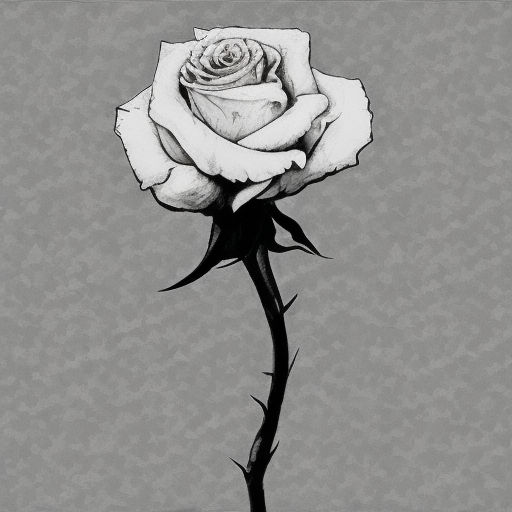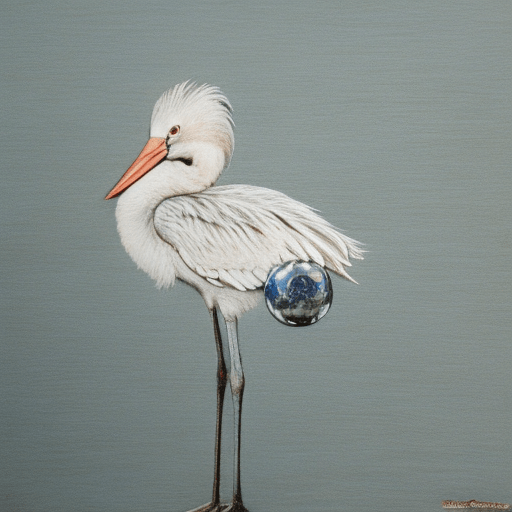The Great Dictator (1940): A Satirical Masterpiece by Charlie Chaplin
Main Cast and Crew:
- Director: Charlie Chaplin
- Writer: Charlie Chaplin
- Key Actors: Charlie Chaplin as Adenoid Hynkel / A Jewish Barber, Paulette Goddard as Hannah, Jack Oakie as Benzini Napaloni, Reginald Gardiner as Commander Schultz
- Music Director: Meredith Willson
- Director of Photography: Karl Struss, Roland Totheroh
- Producers: Charlie Chaplin
The Great Dictator is a satirical comedy-drama film written, directed, and produced by Charlie Chaplin. Released in 1940, the film is a scathing critique of Adolf Hitler and fascism. It is Chaplin’s first true talking picture and one of his most iconic works.
Plot:
The film tells the story of two characters who bear a striking resemblance to each other. The first is Adenoid Hynkel, the ruthless dictator of Tomania, clearly inspired by Hitler. The other is a Jewish Barber who suffers from amnesia after saving a pilot during World War I.
As Hynkel plans to invade neighboring Osterlich, the Barber, unaware of the political turmoil, returns to his barbershop in the Jewish ghetto. He falls in love with Hannah, a beautiful Jewish woman, and befriends Schultz, a loyal officer in Hynkel’s army who secretly despises the dictator.
Meanwhile, Hynkel’s regime intensifies its persecution of Jews, leading to the Barber’s arrest. In a remarkable turn of events, the Barber is mistaken for Hynkel and is given the opportunity to address the nation. In his speech, he advocates for peace, unity, and the end of dictatorship. This powerful message resonates with the people, giving them hope for a better future.
As Hynkel discovers the Barber’s impersonation, he plans to eliminate him. However, Schultz helps the Barber escape, sacrificing himself in the process. The Barber, now a symbol of resistance, joins a group of rebels and leads a revolt against Hynkel’s regime.
Themes and Motifs:
The Great Dictator tackles themes of power, oppression, and the resilience of the human spirit. Chaplin uses satire and humor to expose the absurdity and dangers of totalitarianism. The film also emphasizes the importance of unity, love, and compassion in the face of hatred and discrimination.
Reception and Legacy:
Upon its release, The Great Dictator received widespread acclaim for its boldness, wit, and social commentary. Despite initial concerns about its controversial subject matter, the film was a commercial success and earned five Academy Award nominations.
Chaplin’s performance as both Hynkel and the Barber was widely praised, showcasing his versatility as an actor. The film’s final speech, delivered by the Barber, remains one of the most iconic moments in cinema history, delivering a powerful message of hope and humanity.
Over the years, The Great Dictator has continued to be celebrated as a masterpiece of political satire. It remains relevant in its critique of authoritarianism and serves as a reminder of the importance of standing up against injustice.
Recommendation:
The Great Dictator is a must-watch for fans of Charlie Chaplin and anyone interested in thought-provoking cinema. Its clever blend of comedy and drama, combined with Chaplin’s brilliant performance, makes it a timeless classic that still resonates today.
Memorable Quote:
“I’m sorry, but I don’t want to be an emperor. That’s not my business. I don’t want to rule or conquer anyone. I should like to help everyone if possible, Jew, Gentile, black man, white. We all want to help one another. Human beings are like that.”












